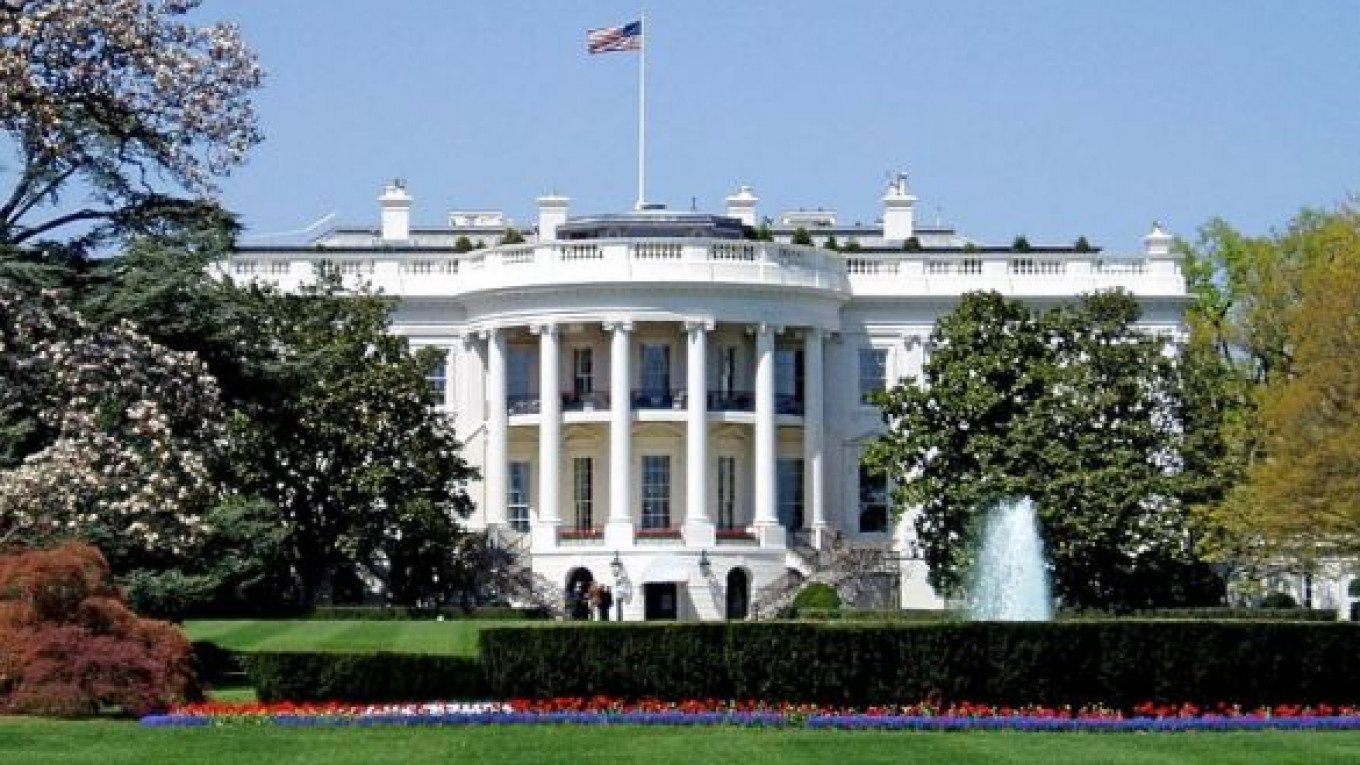The U.S. has imposed visa bans on 20 senior Ukrainian officials following the outbreak of violent street clashes in Kiev, as the Kremlin accused the Ukrainian opposition of "terrorist" actions.
U.S. President Barack Obama said Wednesday that the White House held the Ukrainian government "primarily responsible" for the violence, according to a transcript published on the White House website.
Obama also called on protesters to show restraint, but said that a peaceful transition was "going to require the government, in particular, to actively seek that peaceful transition."
Shortly after Obama spoke, Ukrainian President Viktor Yanukovych announced a truce with the opposition after clashes between police and anti-government protesters in Kiev this week left 28 dead and hundreds more injured.
A senior U.S. State Department official said the truce offered "a glimmer of hope," but that Washington had decided to impose visa bans against "some 20 senior members of the Ukrainian government and other individuals we consider responsible for ordering human rights abuses related to political oppression in Ukraine," Reuters reported.
"These individuals represent the full chain of command we consider responsible for ordering the security forces to move against" the protesters, the unidentified official said.
The visa bans can easily be lifted if the situation improved, but more severe sanctions may follow from both the U.S. and the European Union if the conflict turned worse, the official said.
The EU has said it is preparing targeted sanctions against those responsible for the violence, and dispatched senior envoys from Germany, France and Poland to Kiev on Thursday, ahead of an emergency EU meeting in Brussels to decide on sanctions, Reuters reported.
White House aides have said Washington is also prepared to impose financial sanctions on Ukrainian officials if the bloodshed worsens.
During a telephone conversation with German Chancellor Angela Merkel, President Vladimir Putin urged the West "to abandon the accusatory slant against the Ukrainian leadership, and [stressed] the importance of harshly condemning the opposition forces who are guilty of illegal extremist and terrorist activities," the Kremlin said late Tuesday in an online statement.
The protests in Kiev began last fall after Yanukovych abandoned a planned association deal with the EU in favor of closer ties with Moscow, though the demonstrations soon took on a more political tone with calls for the government's resignation.
The latest clashes, which saw police try to storm Maidan square where the opposition protests are centered, came as Russia gave Ukraine $2 billion from a planned $15 billion aid package, with some opposition activists accusing Moscow of trying to buy out their country.
A Message from The Moscow Times:
Dear readers,
We are facing unprecedented challenges. Russia's Prosecutor General's Office has designated The Moscow Times as an "undesirable" organization, criminalizing our work and putting our staff at risk of prosecution. This follows our earlier unjust labeling as a "foreign agent."
These actions are direct attempts to silence independent journalism in Russia. The authorities claim our work "discredits the decisions of the Russian leadership." We see things differently: we strive to provide accurate, unbiased reporting on Russia.
We, the journalists of The Moscow Times, refuse to be silenced. But to continue our work, we need your help.
Your support, no matter how small, makes a world of difference. If you can, please support us monthly starting from just $2. It's quick to set up, and every contribution makes a significant impact.
By supporting The Moscow Times, you're defending open, independent journalism in the face of repression. Thank you for standing with us.
Remind me later.






